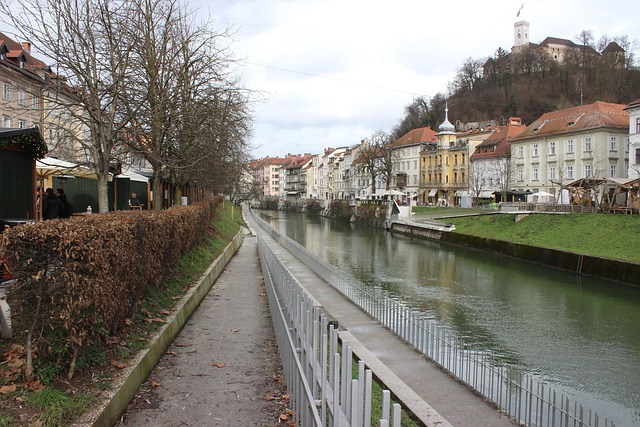In Karachi, the Montessori approach stands out as a pioneering method prioritizing each child's unique learning journey. Founded by Maria Montessori over a century ago, this philosophy emphasizes child-centered learning through practical activities and self-directed tasks in specially designed classrooms. Schools adopting this model across Karachi cultivate a love for learning, independence, critical thinking, and a sense of order among students aged 3-12. Located in the vibrant Cantonment (Cantt) district, these Montessori schools foster holistic education, peer learning, and cultural appreciation, preparing students not only for academic success but also to become globally mindful citizens.
“Unveiling the educational revolution in Karachi, this article explores the Montessori approach in the heart of Cantt. A Montessori education, renowned for fostering independence and creativity, is transforming lives in the city. This unique teaching method, with its emphasis on self-directed learning and hands-on exploration, offers a fresh perspective in Karachi’s vibrant educational landscape. Discover how these schools cater to children’s natural curiosity, promoting a love of learning that extends far beyond the classroom.”
What is a Montessori Education?

A Montessori education is a unique and innovative approach to learning that originated in Italy over a century ago. Founded by Maria Montessori, this educational philosophy emphasizes child-centered learning, where each student is seen as a unique individual with their own pace and interests. In Karachi’s vibrant educational landscape, Montessori schools have gained popularity for fostering a love of learning and nurturing each child’s natural curiosity.
This method encourages students to learn through practical activities and hands-on experiences, allowing them to explore and discover at their own rhythm. The classrooms are carefully designed environments with self-directed activities, where children can choose their tasks from various options tailored to their developmental level. This approach not only promotes academic excellence but also fosters independence, critical thinking, and a sense of order in the students of Montessori schools across Karachi.
Key Features and Benefits of Montessori Schools in Karachi Cantt

In the vibrant city of Karachi, Cantonment (Cantt) is home to innovative educational institutions, among which Montessori schools stand out as beacons of holistic learning. These schools, rooted in Maria Montessori’s philosophy, offer a unique approach that fosters self-directed, hands-on education, catering specifically to children aged 3 to 12 years old. The key features of Cantt’s Montessori schools are their child-centric environments, designed to nurture individual potential and natural curiosity. Students enjoy freedom within structured boundaries, allowing them to explore and discover at their own pace.
The benefits of this educational model in Karachi Cantt are manifold. Firstly, it encourages independence and self-discipline as students learn to make choices and manage their time effectively. Secondly, the multi-age classrooms promote peer learning and social development, fostering an inclusive atmosphere. Moreover, the focus on sensory experiences and practical life skills equips children with a solid foundation for future academic achievements. Cantt’s Montessori schools also integrate cultural diversity, reflecting Karachi’s vibrant tapestry, thereby preparing students to become global citizens who appreciate and respect different perspectives.
Montessori schools in Karachi Cantt offer a unique educational approach that fosters individualized learning, creativity, and independence. With their emphasis on practical life skills, sensory exploration, and self-directed activities, these institutions provide a nurturing environment for children to thrive. The key features and benefits outlined in this article highlight why Montessori education is gaining popularity in the bustling metropolis of Karachi, making it a viable option for parents seeking an alternative educational path for their children.



